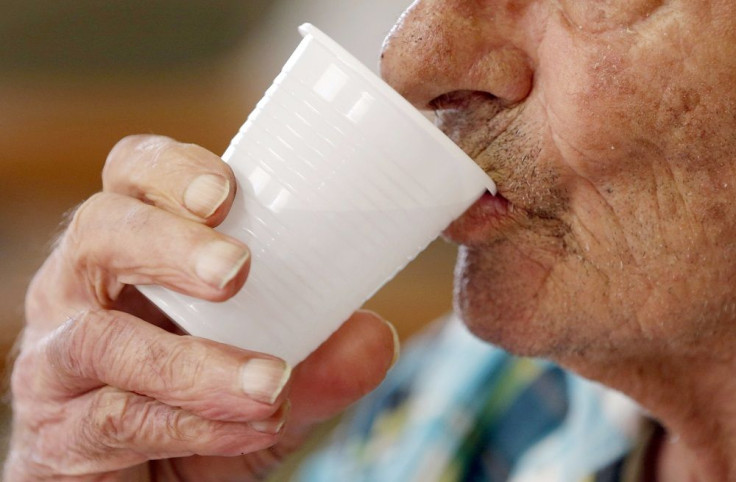Pediatrician debunks myth that people must drink 8 glasses of water daily

A pediatrician says there is no truth to the frequently repeated reminder, especially during summer, for people to drink eight glasses of water daily. Aaron Carroll, who co-authored a paper published in the British Medical Journal on the subject in 2007, insisted there is no science to that health myth.
In that article he wrote with Rachel Vreeman, Carroll debunked seven health myths that include reading in dim light ruins the eyesight and eating turkey makes people drowsy. He explains, “These medical myths are a light hearted reminder that we can be wrong and need to question what other falsehoods we unwittingly propagate as we practice medicine.”
Carroll, in a column for the New York Times on Monday, attributes the myth to a 1945 recommendation made by the National Board that people need approximately 2.5 litres of water daily. However, he points out that the recommendation includes a sentence that states: “Most of this quantity is contained in prepared food.”
While he believes H20 is the best liquid to quench a person’s thirst, he says other sources of hydration such as juice, beer, tea and coffee would also do. Carroll adds that before a person becomes dehydrated, the body will send signals to warn of lack of liquid.
Carroll maintains that while there are no health benefits to drinking extra water, there is also no evidence that imbibing more H20 keeps skin healthier and free from wrinkles. However, he acknowledges that randomised controlled trials found that except in some cases, drinking water prevents recurrence of kidney stones.
The doctor also downplayed the use of urine osmolality, or the measure of urine concentration. A recent study published by the American Journal for Public Health that used data from the National Health and Nutrition Examination Survey estimated mean urine osmolality of more than 4,000 children aged 6 to 19 examined at 800 mOsm/kg.
Carroll, also a pediatrics professor at the Indiana University School of Medicine, says urine osmolality is a poor measure of child hydration. He also asked other pediatricians and did an Internet research which showed 800 mOsm/kg was a poor benchmark, and values of 1,200 mOsm/kg would still be within physiologically normal range.
He blames the continued perpetuation of the water myth to advertisers, noting the continued rise in sales of bottled water. In the US, the bottled water industry sales is estimated at $13 billion. One other issue with the industry is its contribution to garbage with thousands of empty plastic bottles littering schools, parks and other public places.
The push continues, he notes, pointing to First Lady Michelle Obama’s Drink Up campaign and the declaration in 2013 by White House nutritional policy adviser Sam Kass that 40 percent of Americans drink less than half of the recommended amount of H20 every day.
Contact the writer at feedback@ibtimes.com.au or tell us what you think below






